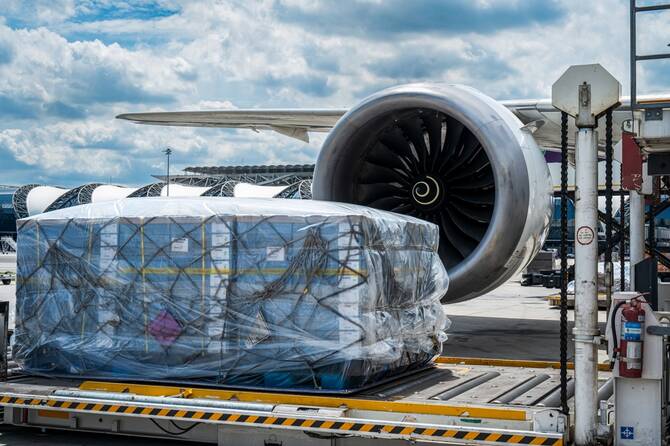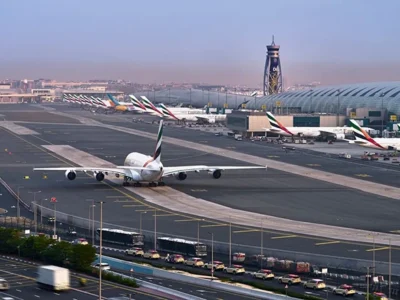RIYADH: Despite a 3.2 percent decline in regional demand brought on by geopolitical tensions and airspace delays, Middle Eastern air cargo capacity increased 1.5% year over year in June. Route delays over portions of Iran, Iraq, Israel, and Lebanon coincided with an increase in available cargo space, as measured in available cargo tonne-kilometers. According to the most recent air cargo market data from the International Air Transport Association, these reasons were the leading cause of the region’s second consecutive monthly decline in cargo volumes.
The performance is indicative of a broader downturn in air cargo worldwide; according to IATA’s mid-year prediction, volume growth will be 0.7 percent, down from 11.3 percent in 2024. Rising protectionism, such as increased US tariffs and the removal of de minimis exemptions on low-value imports, is blamed for the slowdown. These measures may reduce air freight associated with e-commerce.
According to IATA’s director general, Willie Walsh, “the June air cargo data made it very clear that stability and predictability are essential supports for trade. Businesses may now plan with more confidence due to the growing clarity around US tariffs. However, we cannot ignore the reality that the “deals” being made are leading to far higher tariffs on products coming into the United States than we had only a few months ago,” he continued.
Also Read:
Trump Says India Would be Subject to a 25% tariff and Other Penalties for Purchasing Russian Oil
In H1, Boursa Kuwait’s Net Profit Increased 61%



































